High-Pressure Plug Valves for Oil Refineries in Saudi Arabia
05 Sep, 2025
The operating environment of refineries in Saudi Arabia is harsh, with temperatures often reaching over 50°C (122°F) and process pressures exceeding 10,000 psi. The selection of the appropriate high-pressure plug valve not only concerns the performance of the equipment, but also directly affects operational safety, downtime costs, and whether it complies with global industry standards. For buyers considering this key purchase, it is indispensable to give priority to choosing valves that comply with API 6D specifications and have high-temperature toughness. This guide will break down the core considerations for purchasing high-pressure plug valves that meet the needs of Saudi Arabian refineries, with a focus on how to satisfy the unique requirements of the "Saudi high-temperature plug valve" application.
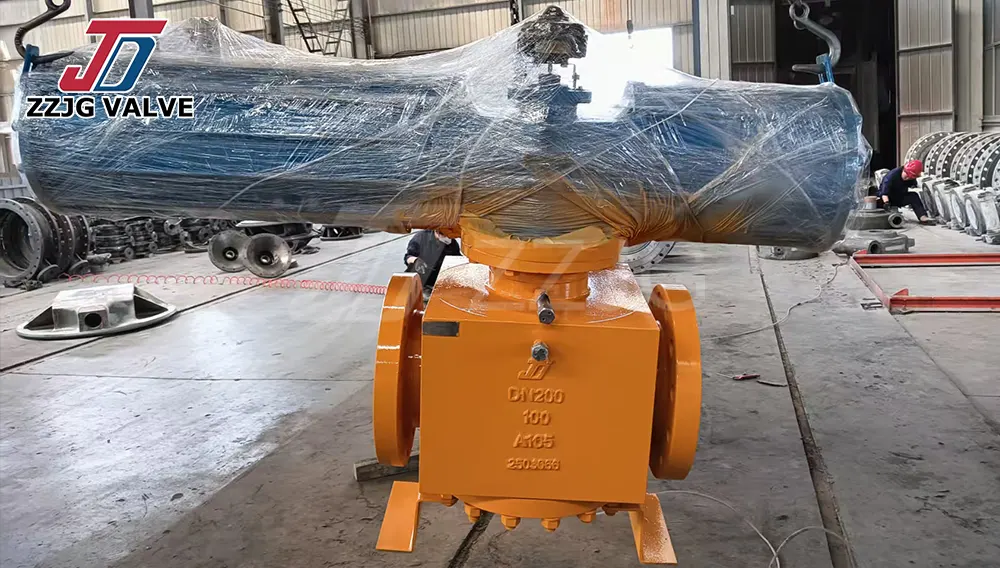
1. Why API 6D Compliance Is Non-Negotiable for Saudi Refineries
The oil and gas industry in Saudi Arabia adheres to strict global standards to ensure consistency, safety and interoperability with the international supply chain - and API 6D (the American Petroleum Institute's pipeline valve standard) is the gold benchmark for refinery plug valves. Unlike ordinary valves, API 6D-certified plug valves have undergone rigorous testing to verify their ability to withstand extreme pressure, temperature fluctuations and corrosive media such as crude oil, naphtha and hydrogen sulfide commonly found in Saudi refineries.
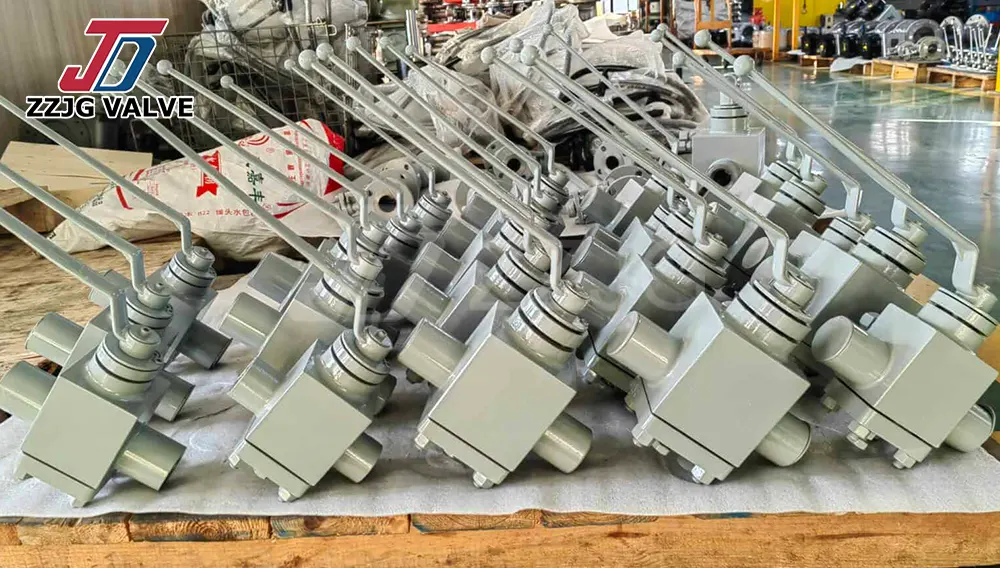
For Saudi refineries, important API 6D plug valve specifications include:
• Pressure rating: API 6D requires valves to meet pressure ratings ranging from 150 to 2500, among which 900 and 1500 are the most common pressure ratings in high-pressure refining processes (such as hydrocracking and catalytic reforming). For high-pressure devices in Saudi Arabia, please ensure that the pressure rating of the valve is at least 20% higher than the maximum working pressure (MOP) of the system to cope with instantaneous peaks.
• Temperature range: API 6D does not specify a fixed temperature limit, but valves used for "Saudi high-temperature plug valves" must be capable of continuous operation at temperatures ranging from 300°C to 600°C (572°F to 1112°F) - this is the typical temperature range for distillation towers and thermal cracking units. Look for valves made of heat-resistant materials, such as A182-F91 alloy steel (for valve bodies and valve covers) and Inconel 718 (for internal components), to prevent warping or decline in sealing performance at extreme temperatures.
• Fire protection design: API 6D requires that the valves of the refinery must obtain fire protection certification (in accordance with API 607 or ISO 10497), which is crucial for the arid, hot and highly fire-prone climate conditions in Saudi Arabia. The fireproof plug valve adopts graphite gaskets and metal-to-metal valve seats, which can maintain pressure sealing performance even if the elastic seal is burned in a fire.
• Leakage grade: API 6D specifies the leakage rate of the connection between the valve body/bonnet (Grade 1) and the valve seat (Grade IV or V). For Saudi refineries handling toxic or flammable fluids (such as acidic crude oil), please choose V-class valve seat leakage (close to zero leakage) to minimize environmental risks and regulatory non-compliance.
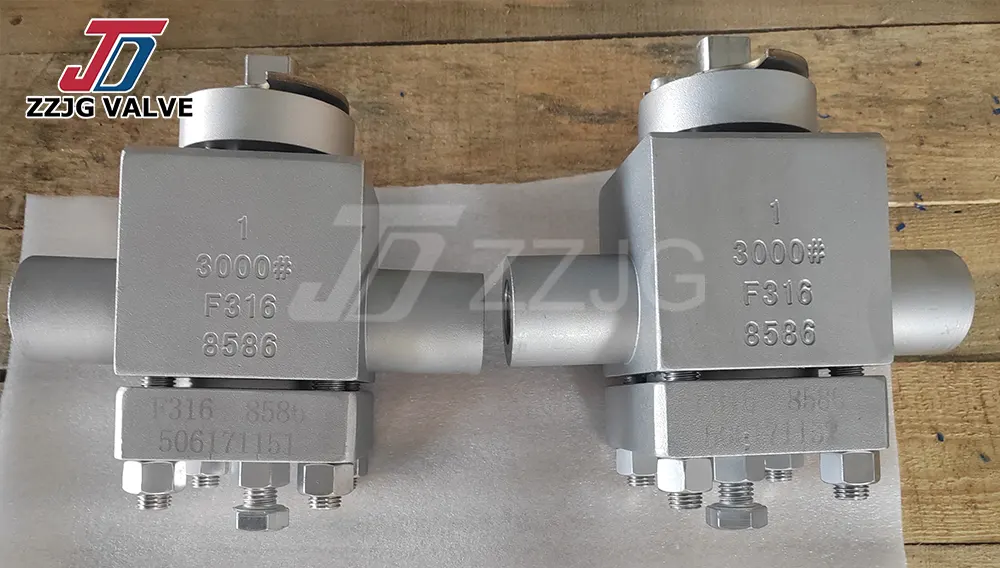
2. Key Considerations for High-Temperature Plug Valves in Saudi Refineries
In addition to meeting the API 6D standard, buyers must also address the unique operational and environmental challenges in Saudi Arabia to ensure the long-term performance of the valves:
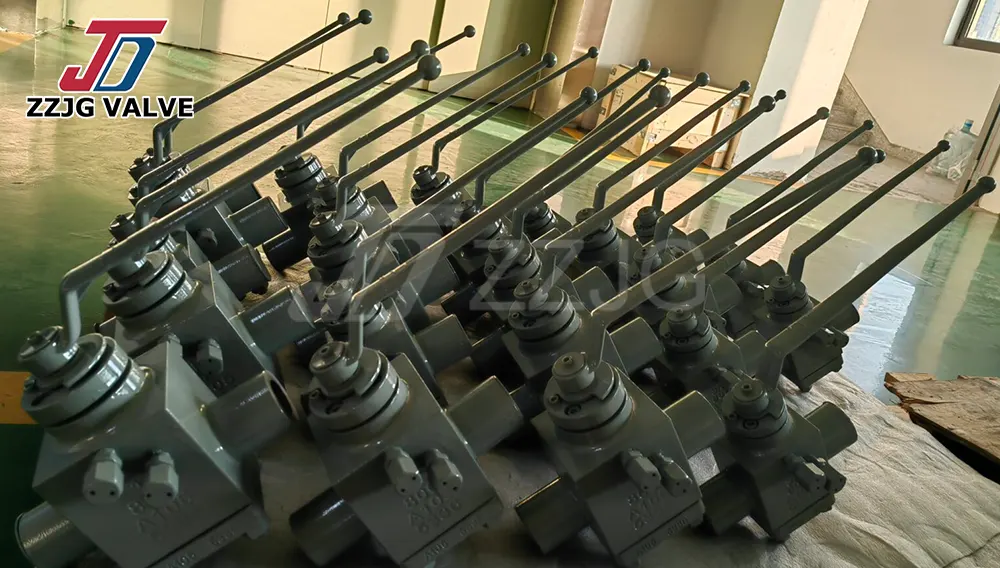
a. Selection of high-temperature resistant and corrosion-resistant materials
Saudi refineries are facing dual threats: high ambient temperatures (causing valve body temperatures to rise) and corrosive process fluids (such as sulfur-containing compounds in crude oil). Ordinary carbon steel valves will fail rapidly under these conditions - therefore, the following materials should be given priority:
• Valve body/cover: A182 F51 (duplex stainless steel) or F91 (martensitic alloy steel), to achieve both high-temperature resistance and stress corrosion cracking (SCC) resistance.
• Valve core and valve seat: tungsten carbion-coated stainless steel or Inconel 625 to enhance wear resistance, as high-temperature fluid will accelerate the erosion of uncoated surfaces.
• Valve stem packing: Made of Inconel filament-reinforced flexible graphite, it can maintain sealing integrity at temperatures up to 650°C (1202°F) and resist hardening in dry and high-temperature environments.
b. Operating efficiency: Low torque, easy to maintain
Saudi refineries usually operate around the clock, so the valves must be easy to operate and maintain to minimize downtime. Please note:
• Lubrication plug design: The lubrication plug valve uses high-temperature grease (rated temperature above 350°C) to reduce the friction between the plug valve and the valve seat, thereby lowering the driving torque. This is crucial for automatic valves (for example, those equipped with electric or hydraulic actuators), as it can prevent the motor from burning out.
• Top-entry structure: The top-entry plug valve can be maintained online (the valve seat or packing can be replaced without removing the valve from the pipeline), and the maintenance time is reduced by 50% compared with the side-entry design - a significant advantage for Saudi refineries with high downtime costs.
c. Comply with Saudi regulatory standards
In addition to the API 6D standard, the valve must also comply with the engineering standards of Saudi Aramco (SAES) and the local requirements set by the General Department of Meteorology and Environmental Protection of the Kingdom of Saudi Arabia (GAMEP). For example:
SAES J-001 stipulates that all pressure equipment (including plug valves) must undergo third-party inspection (TPI) by recognized institutions such as DNV or SGS before installation.
GAMEP requires that valves have low fugitive emissions (in compliance with ISO 15848-1 AH class standards) to reduce air pollution, which is a key aspect of Saudi Arabia's efforts to mitigate its environmental impact.
3. Step-by-Step Buying Checklist for Saudi Refineries
To simplify your procurement process and avoid costly mistakes, please use the following list when evaluating high-pressure plug valve suppliers:
1. Verify API 6D certification: Request a copy of the supplier's API 6D certificate and ensure it covers the valve size you need (2 inches to 24 inches, typically for refineries) and pressure/temperature rating.
2. Test Documents: Request test reports that comply with API 607 (Fire Safety), ISO 15848-1 (Fugitive Emissions), and hydrostatic/air pressure tests (in accordance with API 6D Section 8).
3. Local support: Select suppliers with branches in Saudi Arabia (for example, regional warehouses in Dammam or Jeddah) to ensure rapid delivery of spare parts (such as packing, valve seats) and on-site technical support.
4. Case Study of Saudi Refineries: Priority should be given to suppliers who can provide cases of other Saudi refineries (such as Saudi Aramco and SABIC), where high-temperature plug valves have been in operation for more than five years.
5. Warranty scope: Seek a warranty period of at least 3 years for the valve body and valve internals, and offer an extended warranty period for seal failure - this reflects the supplier's confidence in the durability of its products.
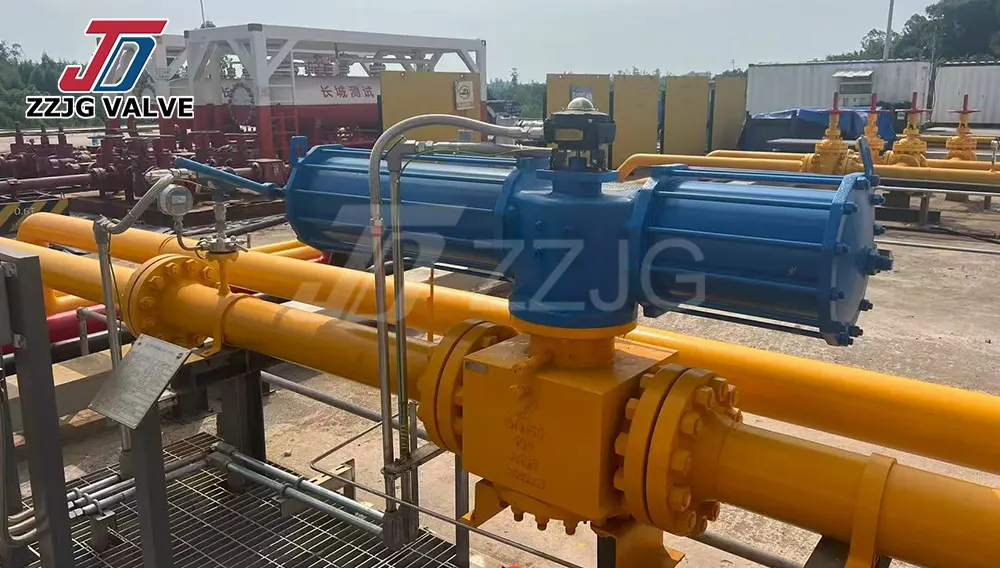
For refineries in Saudi Arabia, investing in high-pressure plug valves that comply with API 6D standards is an investment in safety, efficiency and compliance. By focusing on the high-temperature resistance of materials, fireproof design and local support, buyers can choose valves that can withstand the extreme operating conditions in Saudi Arabia and minimize downtime to the greatest extent. Please remember: Although the cheapest valves can save the initial cost, if they do not meet the API 6D standard or the unique requirements of Saudi Arabia, the maintenance, replacement and production losses will be much higher than this.

1. Why API 6D Compliance Is Non-Negotiable for Saudi Refineries
The oil and gas industry in Saudi Arabia adheres to strict global standards to ensure consistency, safety and interoperability with the international supply chain - and API 6D (the American Petroleum Institute's pipeline valve standard) is the gold benchmark for refinery plug valves. Unlike ordinary valves, API 6D-certified plug valves have undergone rigorous testing to verify their ability to withstand extreme pressure, temperature fluctuations and corrosive media such as crude oil, naphtha and hydrogen sulfide commonly found in Saudi refineries.

For Saudi refineries, important API 6D plug valve specifications include:
• Pressure rating: API 6D requires valves to meet pressure ratings ranging from 150 to 2500, among which 900 and 1500 are the most common pressure ratings in high-pressure refining processes (such as hydrocracking and catalytic reforming). For high-pressure devices in Saudi Arabia, please ensure that the pressure rating of the valve is at least 20% higher than the maximum working pressure (MOP) of the system to cope with instantaneous peaks.
• Temperature range: API 6D does not specify a fixed temperature limit, but valves used for "Saudi high-temperature plug valves" must be capable of continuous operation at temperatures ranging from 300°C to 600°C (572°F to 1112°F) - this is the typical temperature range for distillation towers and thermal cracking units. Look for valves made of heat-resistant materials, such as A182-F91 alloy steel (for valve bodies and valve covers) and Inconel 718 (for internal components), to prevent warping or decline in sealing performance at extreme temperatures.
• Fire protection design: API 6D requires that the valves of the refinery must obtain fire protection certification (in accordance with API 607 or ISO 10497), which is crucial for the arid, hot and highly fire-prone climate conditions in Saudi Arabia. The fireproof plug valve adopts graphite gaskets and metal-to-metal valve seats, which can maintain pressure sealing performance even if the elastic seal is burned in a fire.
• Leakage grade: API 6D specifies the leakage rate of the connection between the valve body/bonnet (Grade 1) and the valve seat (Grade IV or V). For Saudi refineries handling toxic or flammable fluids (such as acidic crude oil), please choose V-class valve seat leakage (close to zero leakage) to minimize environmental risks and regulatory non-compliance.

2. Key Considerations for High-Temperature Plug Valves in Saudi Refineries
In addition to meeting the API 6D standard, buyers must also address the unique operational and environmental challenges in Saudi Arabia to ensure the long-term performance of the valves:

a. Selection of high-temperature resistant and corrosion-resistant materials
Saudi refineries are facing dual threats: high ambient temperatures (causing valve body temperatures to rise) and corrosive process fluids (such as sulfur-containing compounds in crude oil). Ordinary carbon steel valves will fail rapidly under these conditions - therefore, the following materials should be given priority:
• Valve body/cover: A182 F51 (duplex stainless steel) or F91 (martensitic alloy steel), to achieve both high-temperature resistance and stress corrosion cracking (SCC) resistance.
• Valve core and valve seat: tungsten carbion-coated stainless steel or Inconel 625 to enhance wear resistance, as high-temperature fluid will accelerate the erosion of uncoated surfaces.
• Valve stem packing: Made of Inconel filament-reinforced flexible graphite, it can maintain sealing integrity at temperatures up to 650°C (1202°F) and resist hardening in dry and high-temperature environments.
b. Operating efficiency: Low torque, easy to maintain
Saudi refineries usually operate around the clock, so the valves must be easy to operate and maintain to minimize downtime. Please note:
• Lubrication plug design: The lubrication plug valve uses high-temperature grease (rated temperature above 350°C) to reduce the friction between the plug valve and the valve seat, thereby lowering the driving torque. This is crucial for automatic valves (for example, those equipped with electric or hydraulic actuators), as it can prevent the motor from burning out.
• Top-entry structure: The top-entry plug valve can be maintained online (the valve seat or packing can be replaced without removing the valve from the pipeline), and the maintenance time is reduced by 50% compared with the side-entry design - a significant advantage for Saudi refineries with high downtime costs.
c. Comply with Saudi regulatory standards
In addition to the API 6D standard, the valve must also comply with the engineering standards of Saudi Aramco (SAES) and the local requirements set by the General Department of Meteorology and Environmental Protection of the Kingdom of Saudi Arabia (GAMEP). For example:
SAES J-001 stipulates that all pressure equipment (including plug valves) must undergo third-party inspection (TPI) by recognized institutions such as DNV or SGS before installation.
GAMEP requires that valves have low fugitive emissions (in compliance with ISO 15848-1 AH class standards) to reduce air pollution, which is a key aspect of Saudi Arabia's efforts to mitigate its environmental impact.
3. Step-by-Step Buying Checklist for Saudi Refineries
To simplify your procurement process and avoid costly mistakes, please use the following list when evaluating high-pressure plug valve suppliers:
1. Verify API 6D certification: Request a copy of the supplier's API 6D certificate and ensure it covers the valve size you need (2 inches to 24 inches, typically for refineries) and pressure/temperature rating.
2. Test Documents: Request test reports that comply with API 607 (Fire Safety), ISO 15848-1 (Fugitive Emissions), and hydrostatic/air pressure tests (in accordance with API 6D Section 8).
3. Local support: Select suppliers with branches in Saudi Arabia (for example, regional warehouses in Dammam or Jeddah) to ensure rapid delivery of spare parts (such as packing, valve seats) and on-site technical support.
4. Case Study of Saudi Refineries: Priority should be given to suppliers who can provide cases of other Saudi refineries (such as Saudi Aramco and SABIC), where high-temperature plug valves have been in operation for more than five years.
5. Warranty scope: Seek a warranty period of at least 3 years for the valve body and valve internals, and offer an extended warranty period for seal failure - this reflects the supplier's confidence in the durability of its products.

For refineries in Saudi Arabia, investing in high-pressure plug valves that comply with API 6D standards is an investment in safety, efficiency and compliance. By focusing on the high-temperature resistance of materials, fireproof design and local support, buyers can choose valves that can withstand the extreme operating conditions in Saudi Arabia and minimize downtime to the greatest extent. Please remember: Although the cheapest valves can save the initial cost, if they do not meet the API 6D standard or the unique requirements of Saudi Arabia, the maintenance, replacement and production losses will be much higher than this.
Previous: Where to Buy Quality Plug Valves: Your Ultimate Supplier Checklist for 2025